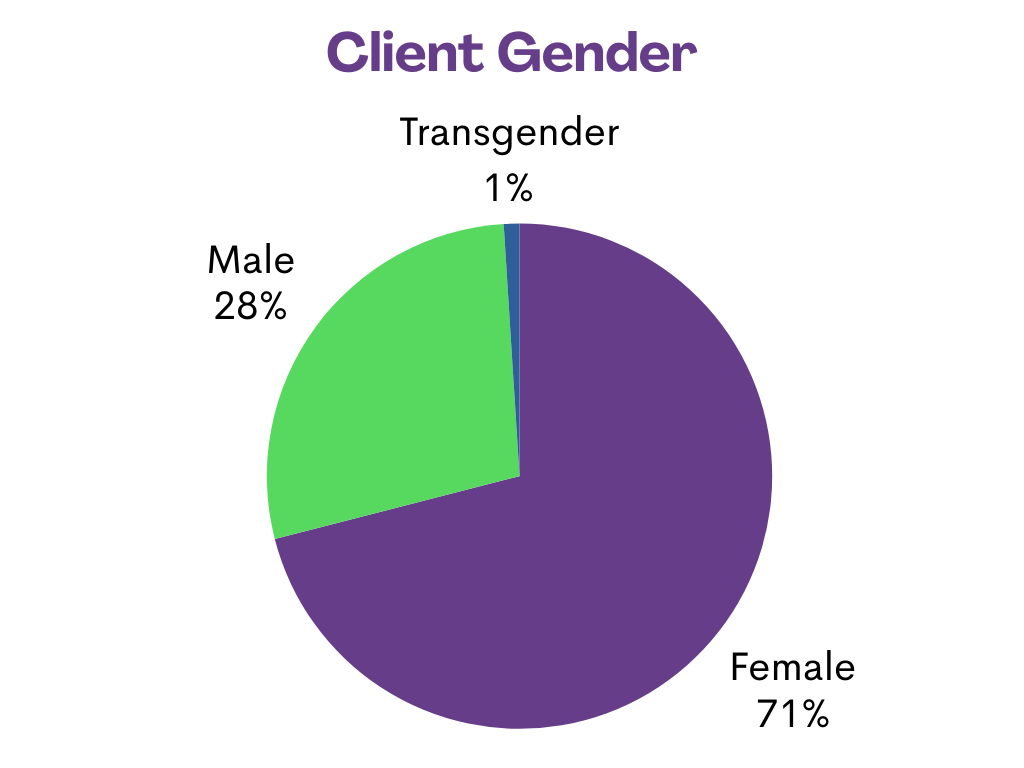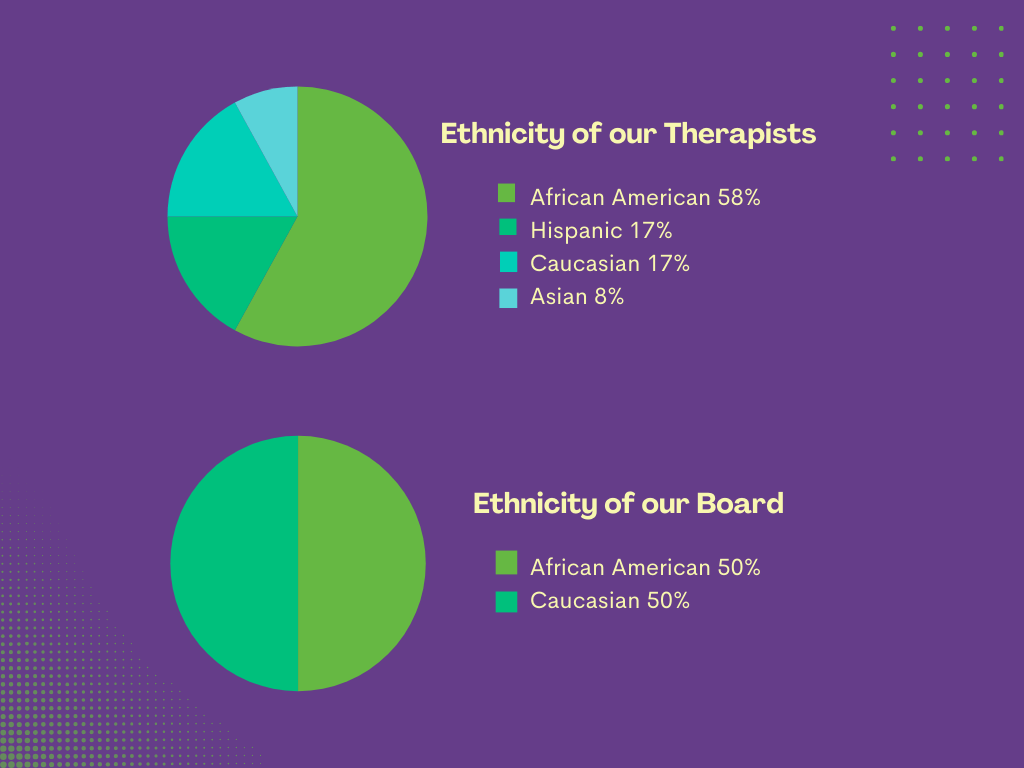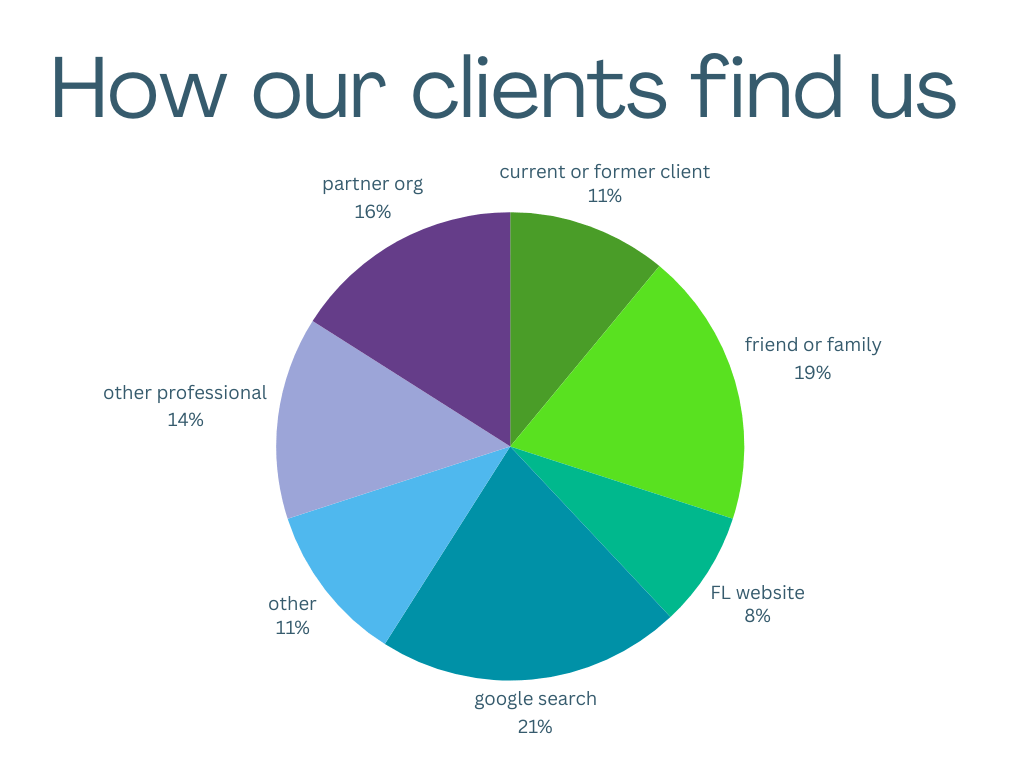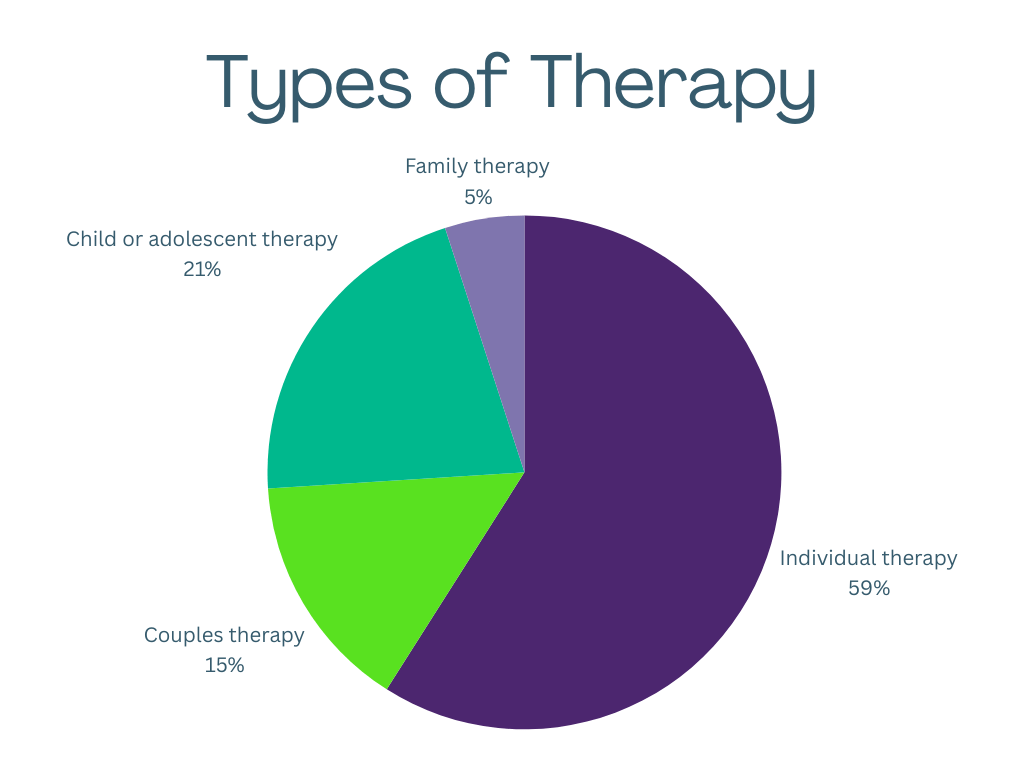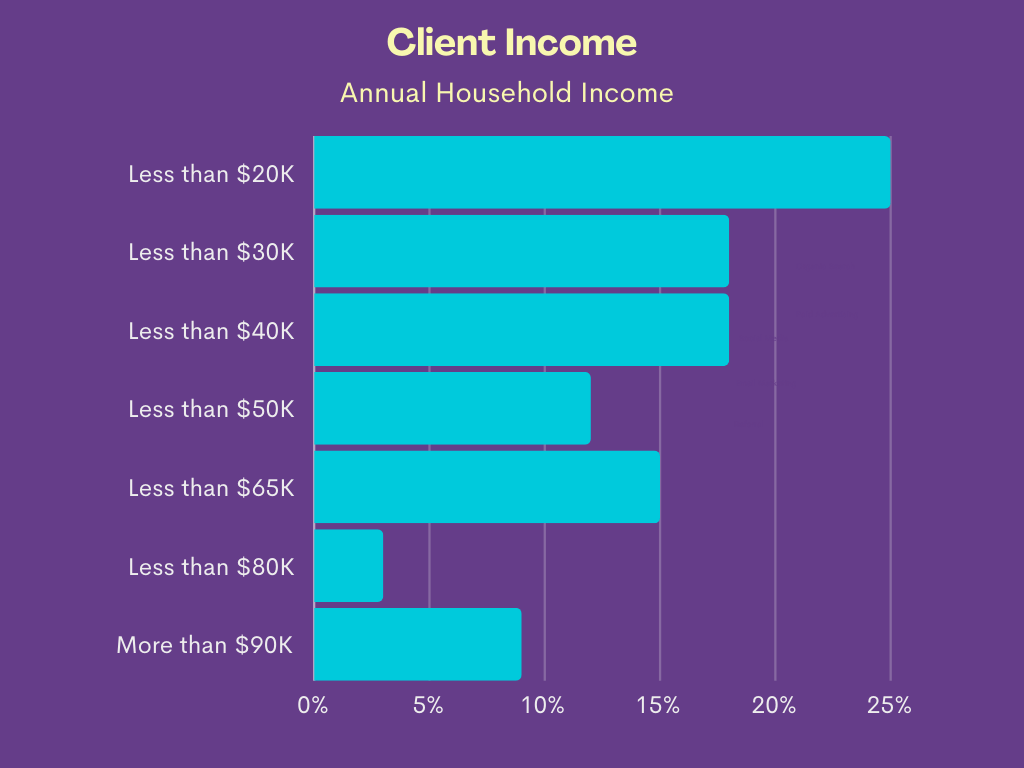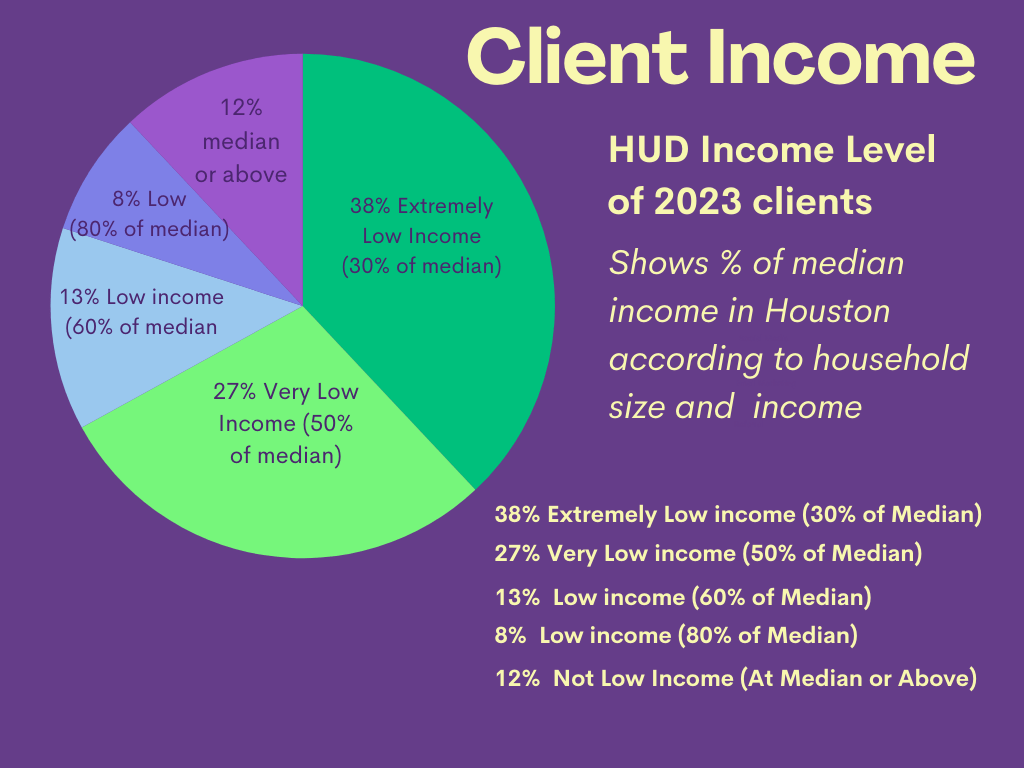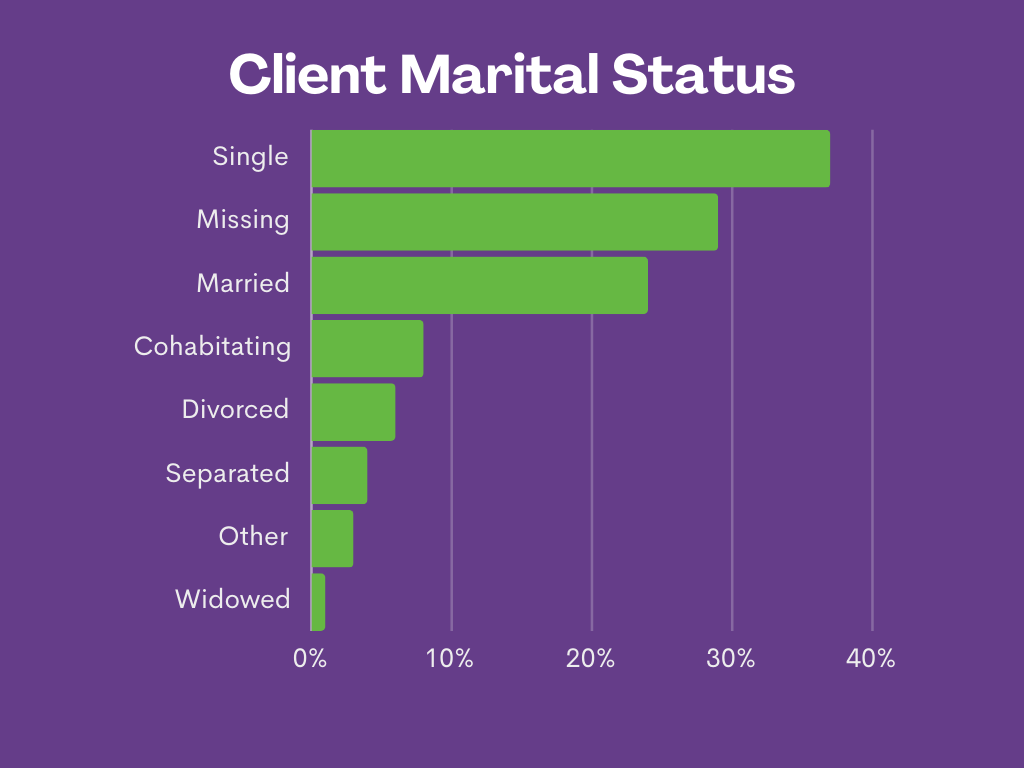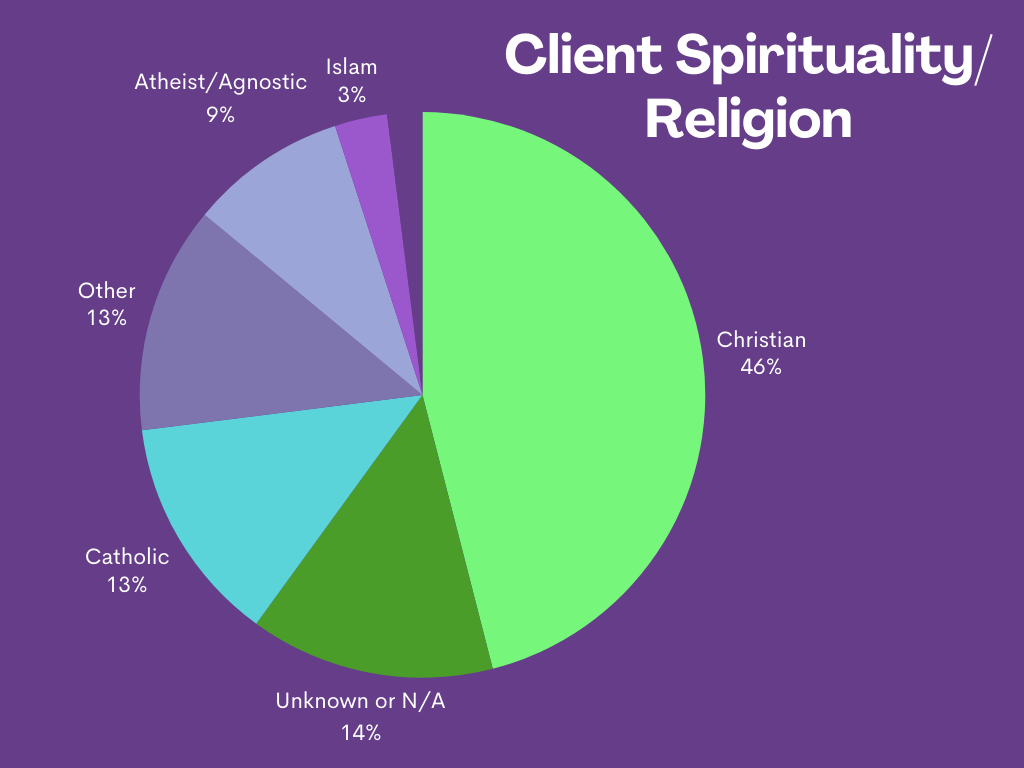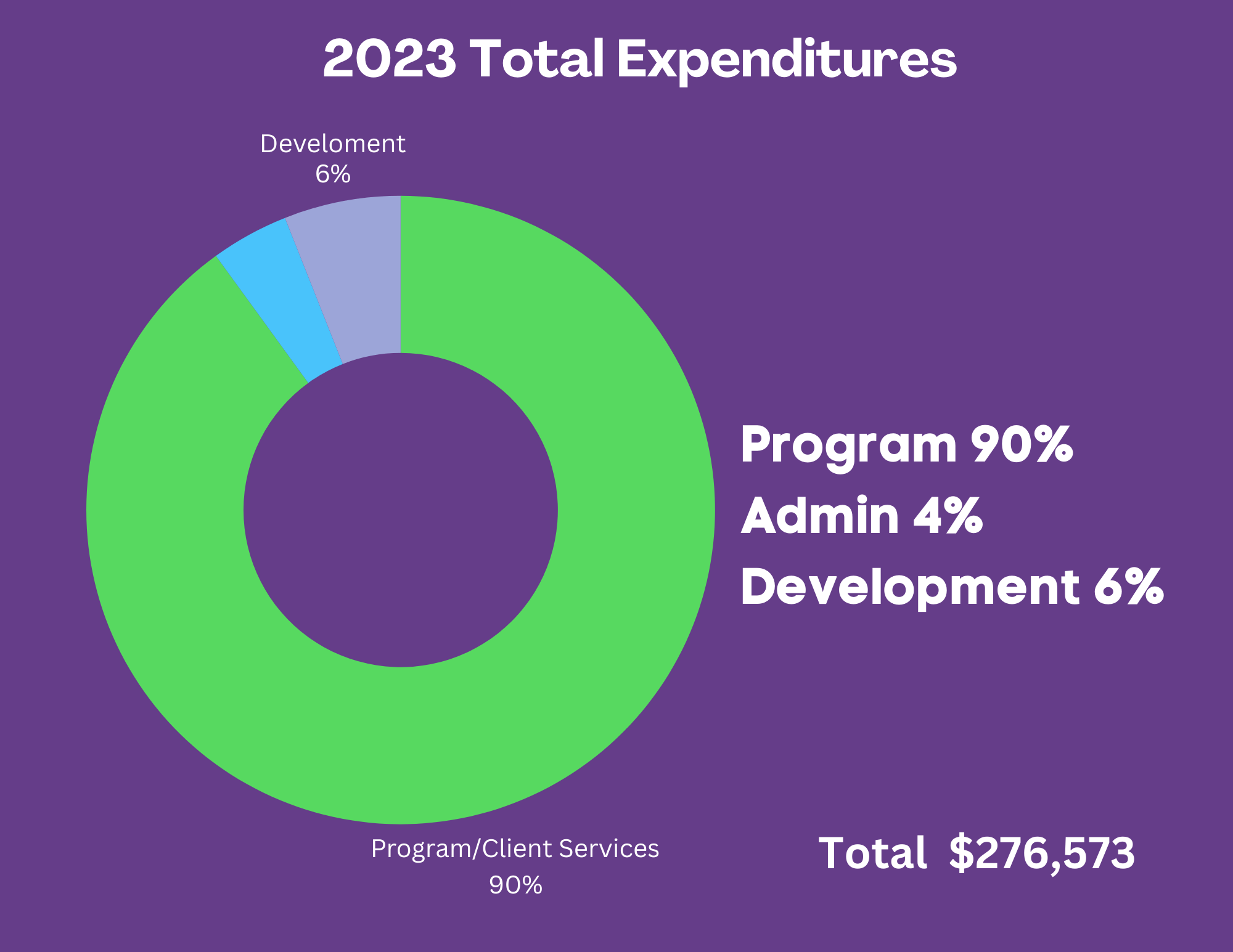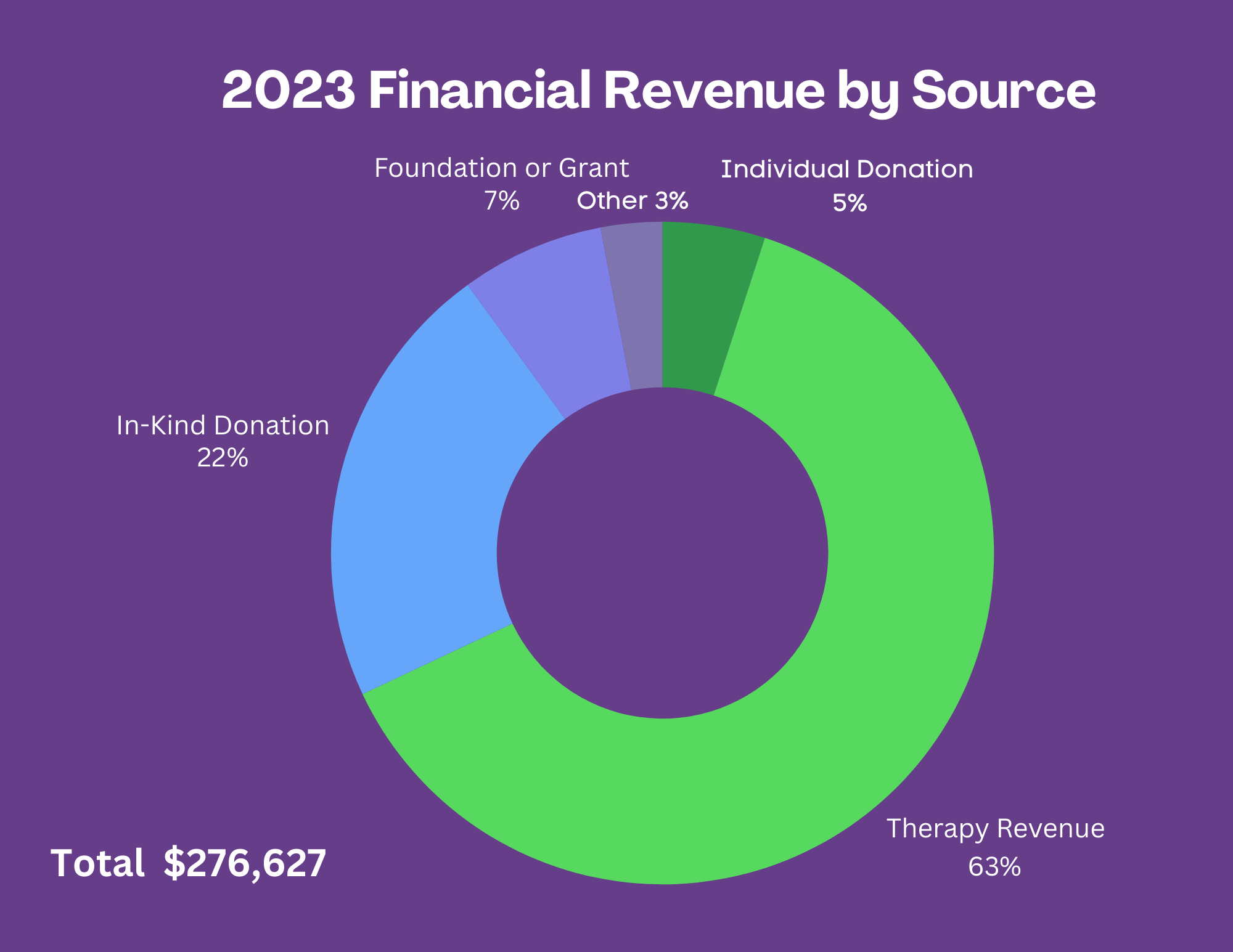Our Clinical Outcomes
We use Feedback Informed Treatment to ensure the highest quality of care. Our clients routinely complete measures about their presenting concerns, therapeutic relationship, and mental or relational health.
Reduced Depression
Reported symptoms of depression are reduced by 17% at session 5 and 25% at session 10.
(-PHQ9: Patient Health Questionnaire)
Reduced Anxiety
Reported symptoms of anxiety are reduced by 15% at session 5 and 31% at session 10.
(·GAD-7: General Anxiety Disorder-7)
Reduced Stress
Reported decrease of 9% in perceived stress at session 5 and a decrease of 23% at session 10.
·PSS-4: Perceived Stress Scale-4
Increased Resilency
Clients report a 4% increase in resilient coping skills at session 5 and a 9% increase at session 10.
·BRCS: Brief Resiliency Coping Scale
Improved Emotional Efficiency
Improvement of 5% at session 5 and 8% at session 10 in Emotional Efficiency, the degree to which people can experience a full range of emotions while responding in a contextually adaptive, values-consistent manner.
·EES2: Emotional Efficiency Scale
Reduced Substance Use
Decline in the reported use of substances by 25% at session 5 and 36% at session 10 (alcohol, tobacco, recreational drug and marijuana)
·NIDA: National Institute on Drug and Alcohol Quick Screening tool
Clinical outcomes of Couples Therapy
The following graphs show areas of significant change reported by couples after 5 couples therapy sessions.
Before the first session, our clients identify 3 areas of focus for therapy and report on their progress at each session. Here’s what they report:
77%
report presenting concern is better by session 5
90%
report presenting concern is better by session 10






